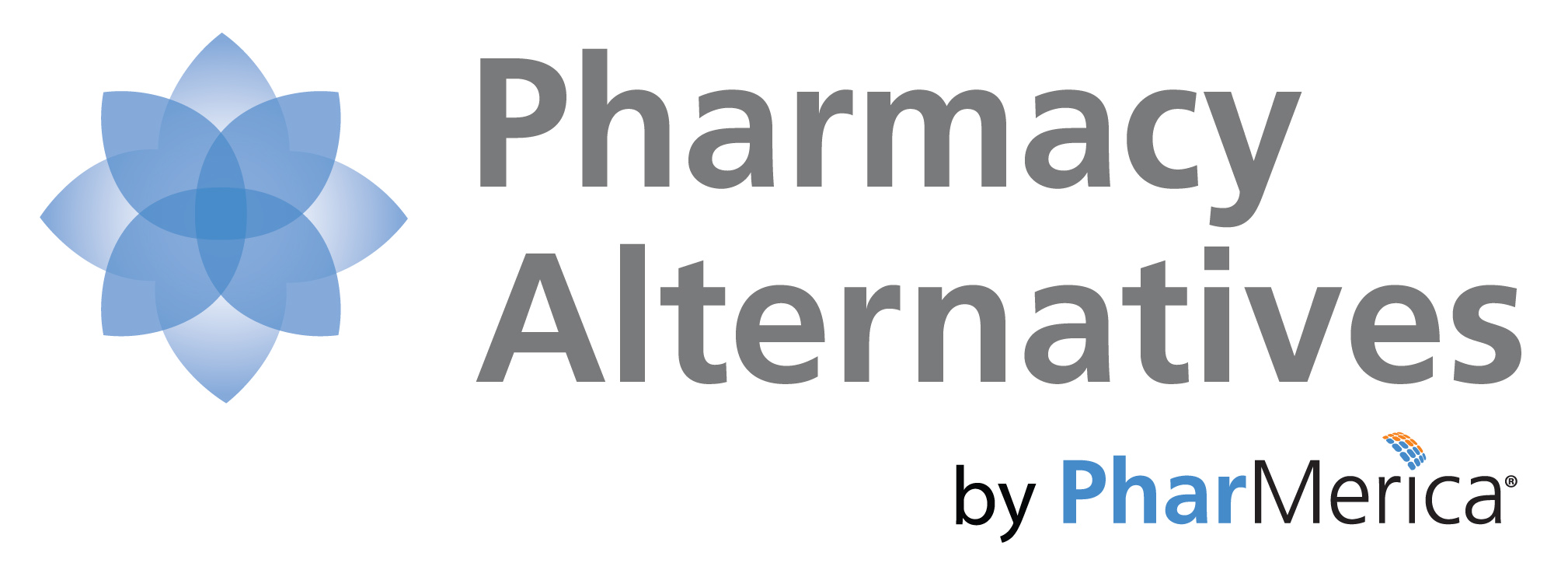Connections - 06.29.23
Parents and Providers: Planning for the Future Takes Teamwork
Share this page
Stay Informed on the Latest Research & Analysis from ANCOR
More News
Stateside Report - 04.28.25
Stateside Report: April 28, 2025

Stateside Report - 04.21.25
Stateside Report: April 21, 2025



